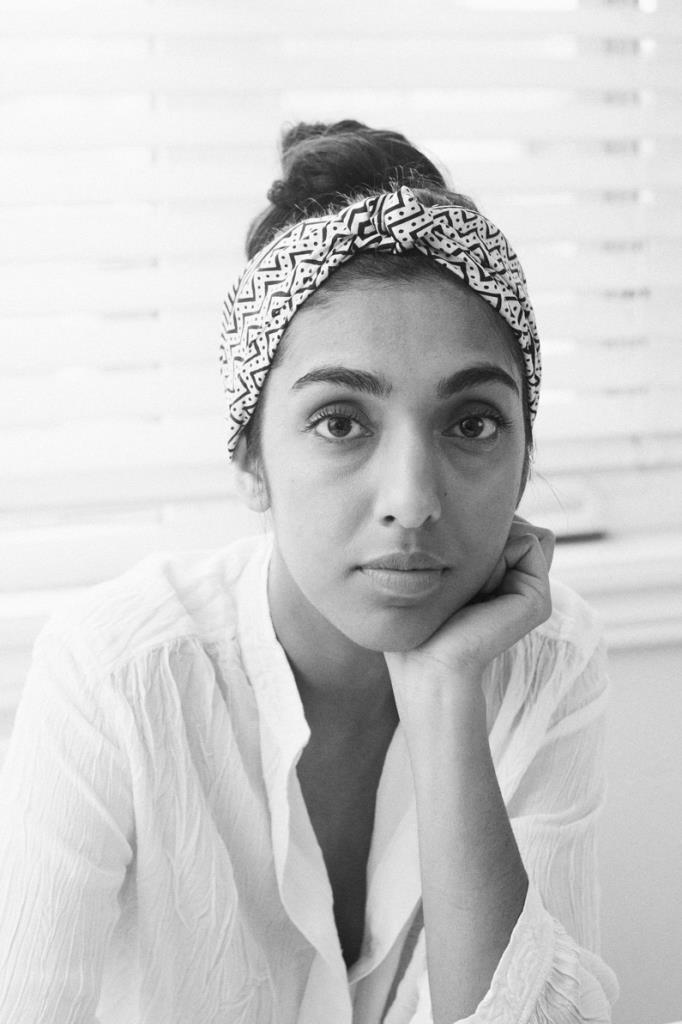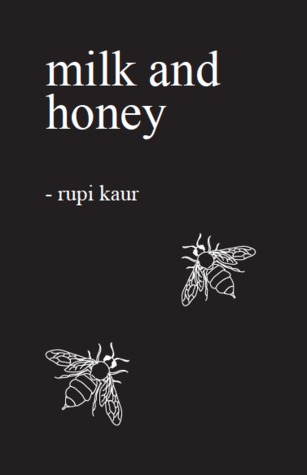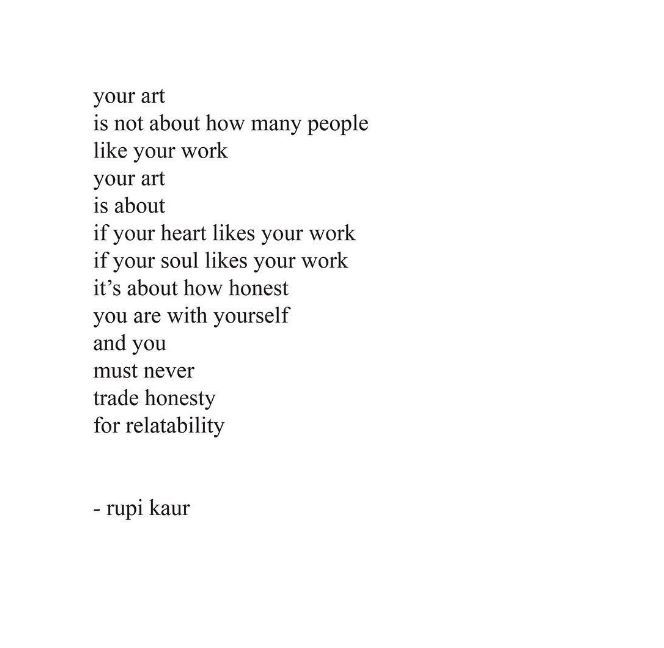
Artist and poet Rupi Kaur was born in Punjab, India, in 1992. When she was only 4, her parents emigrated to Toronto, Canada. Her artistic and creative ability was something that emerged when she was a young age. Kaur began to draw and paint, inspired by her mom and would write poems for her friends, and even crushes.
As Kaur reflected in an interview, “I grew up reading everything I could get my hands on. I was moved by the ability of books to pull one out of their reality and into someone else’s…I want to put words to feelings we have trouble putting into words. Like the breath before the kiss, I want to make the mundane beautiful.”
At the University of Waterloo in Ontario, Kaur was able to pursue this passion by studying Rhetoric and Professional Writing. She then began posting her poems on social media sites, like Tumblr and Instagram. Through these venues she gained popularity and published her first collective works in 2015 titled milk and honey.

The collection has received much attention for the voice she brings to violence, abuse, love, loss and family. Huffington Post said that “reading the [Kaur’s] book, is like getting the hug you need on a rainy day, the catharsis you crave after a tragedy.”
From the success of her first collection, Kaur has a contract for two more books with one slated for fall of this year.
While her poetry perfectly captures a wide breadth of powerful moments, it’s not without lots of time and sweat on Kaur’s part. As she explains, “The words get in the way of writing.” Her process often involves “Freewriting. Rewriting. Entering. Backspacing. Coping. Pasting. Until I stop. Until it feels like I’ve gotten out everything that needed to be written and then I will put it away.”

Rupi Kaur has made waves in both the poetry realm and within larger feminist work. In 2015, she posted a controversial image on Instagram of her lying on a bed with an obvious menstrual stain on her sweatpants. This was part of a Visual Rhetoric course at the University of Waterloo.
Through her art, Kaur fights to bring attention to these taboos of society, becoming a powerful messenger for many women without a voice of their own.
